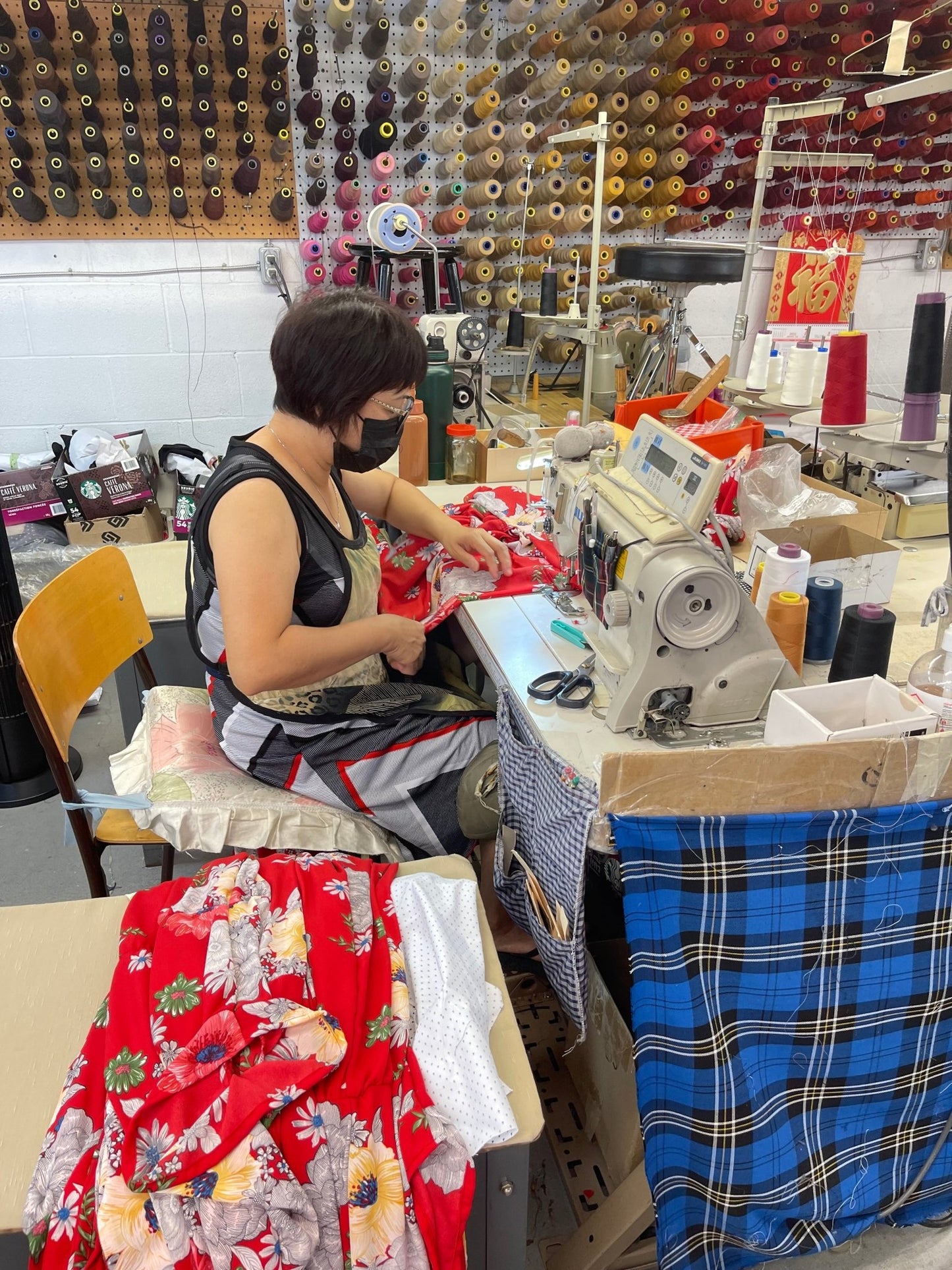
Natural Vs. Synthetic Fibers
Natural vs. Synthetic Fibers: Making Sustainable Fashion Choices with Dotty
In the dynamic world of fashion, every thread counts. As conscientious consumers increasingly prioritize sustainability, the debate between natural and synthetic fibers has gained momentum. At dotty, our commitment to sustainability isn't just a trend – it's ingrained in every garment we create. Let's explore the nuances of natural versus synthetic fibers and why dotty stands out as your ultimate sustainable fashion destination.
Understanding the Difference:
Natural Fibers: Derived from renewable resources such as plants and animals, natural fibers like cotton, linen, wool, and silk have been cherished for centuries. They boast breathability, biodegradability, and a luxurious feel against the skin. However, conventional cultivation methods often involve heavy water usage, chemical pesticides, and exploitation of labor, tarnishing their eco-friendly image.
Synthetic Fibers: On the other hand, synthetic fibers like polyester, nylon, and acrylic are manufactured from petrochemicals. While they offer durability, wrinkle resistance, and affordability, their environmental footprint is a cause for concern. Synthetic fibers are notorious for their non-biodegradability, contributing to microplastic pollution in oceans and landfills. Additionally, their production process is energy-intensive and emits greenhouse gases.
Dotty's Sustainable Edge:
At dotty, we bridge the gap between fashion and sustainability with our meticulous selection of materials and ethical practices. Here's how we outshine the competition:
-
Eco-Friendly Materials: We prioritize natural fibers sourced from organic and responsibly managed farms. Our cotton is certified organic, free from harmful pesticides and genetically modified seeds. Moreover, we champion innovative alternatives like OEKO-TEX- every component, from the fabric to the threads and accessories, has been tested for harmful substances according to the rigorous OEKO-TEX® criteria.
-
Transparency and Accountability: Unlike fast fashion giants that prioritize profit over ethics, we maintain full transparency throughout our supply chain. From cultivation to garment production, we adhere to stringent ethical standards, ensuring fair wages, safe working conditions, and minimal environmental impact. Our commitment to transparency empowers consumers to make informed choices and support ethical fashion.
-
Quality Craftsmanship: While fast fashion thrives on disposable trends and cheap labor, dotty celebrates timeless elegance and enduring quality. Each garment is crafted with precision and care, emphasizing fit to flatter diverse body shapes and sizes. By investing in timeless pieces, you not only reduce waste but also support artisans and craftsmanship.
-
Innovative Recycling Initiatives: Recognizing the urgency of waste reduction, we actively invest in circular fashion solutions. Our design team explores innovative recycling techniques, transforming pre-consumer and post-consumer waste into new fabrics and accessories. By closing the loop, we minimize our environmental footprint and pave the way for a circular fashion economy.
Join us on our journey towards a greener, more inclusive fashion industry. Shop consciously, wear proudly, and together, let's make a difference, one thread at a time.
Experience the Dotty difference today.
